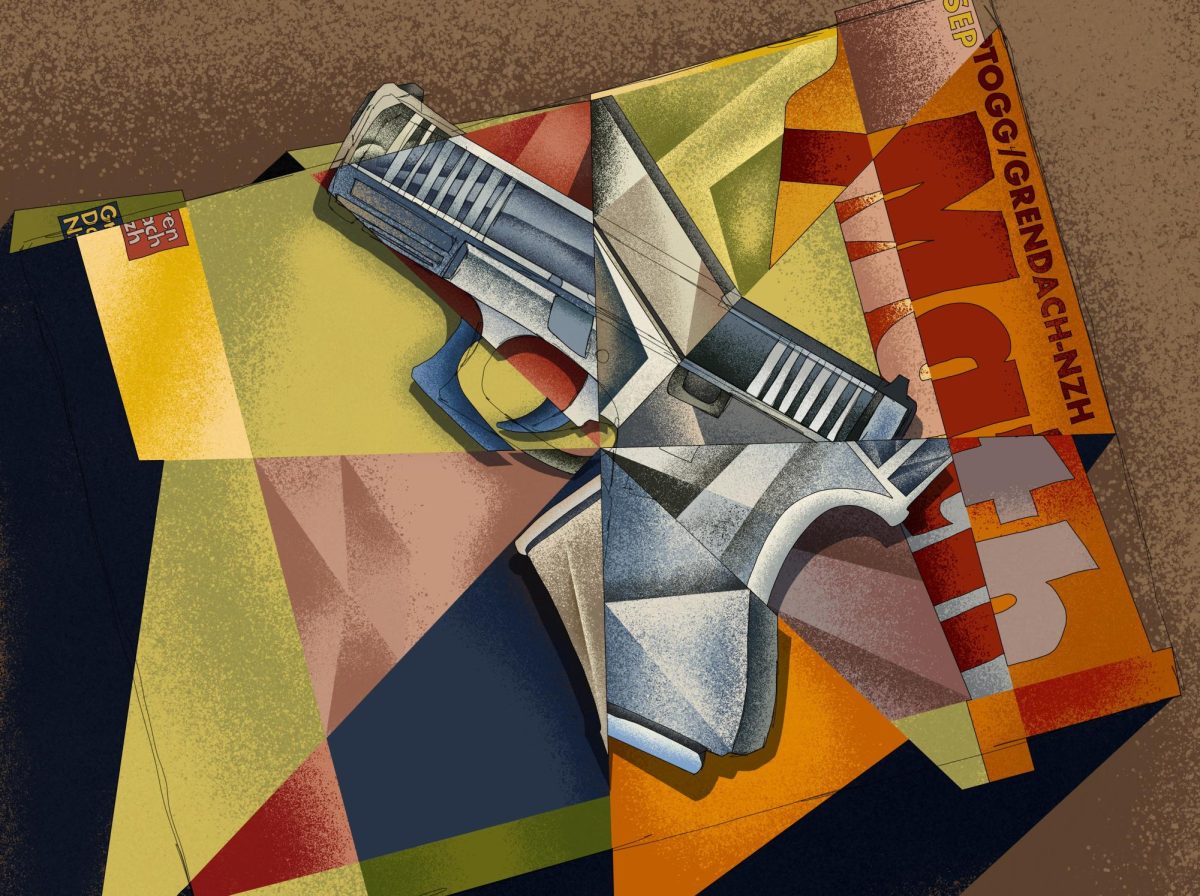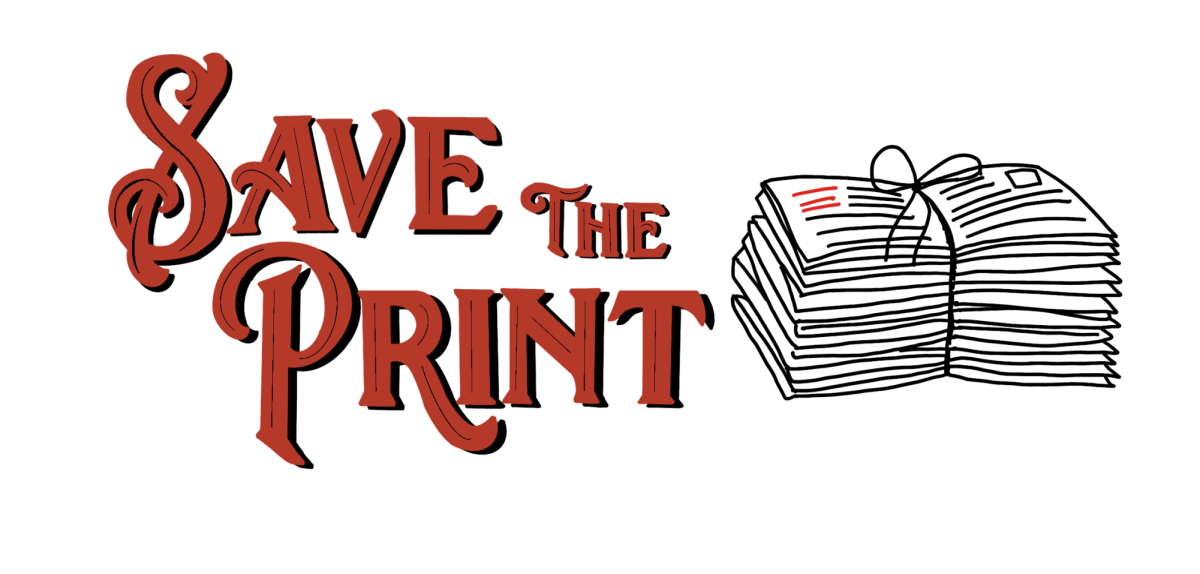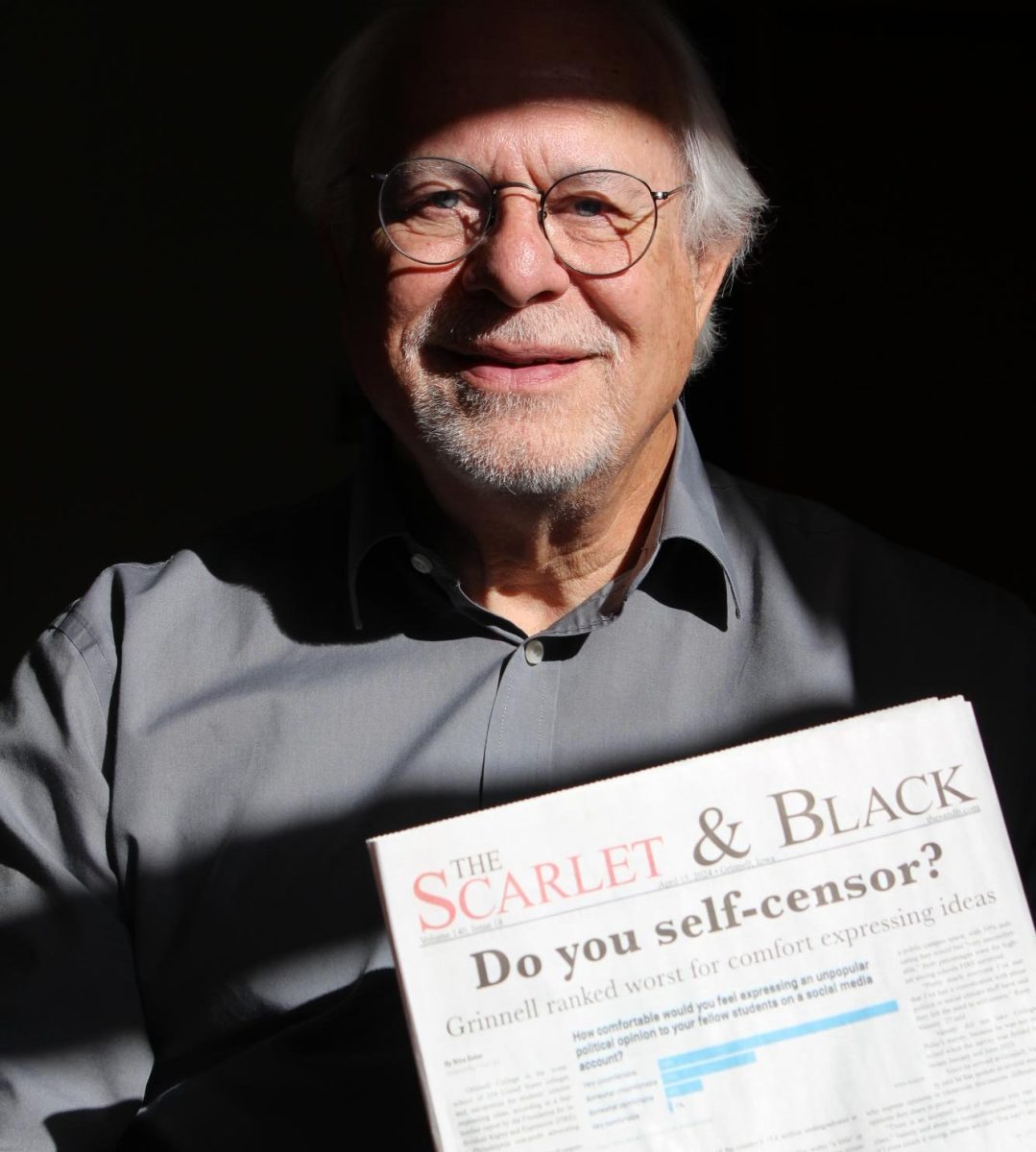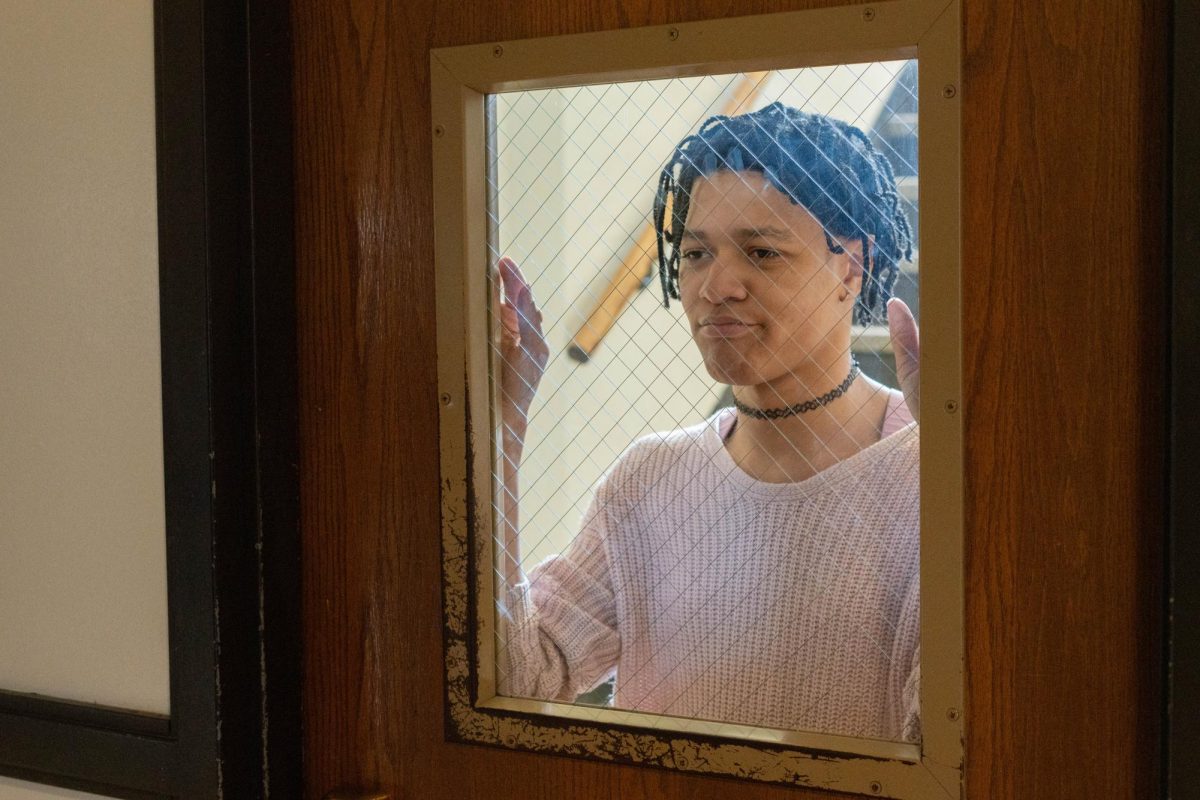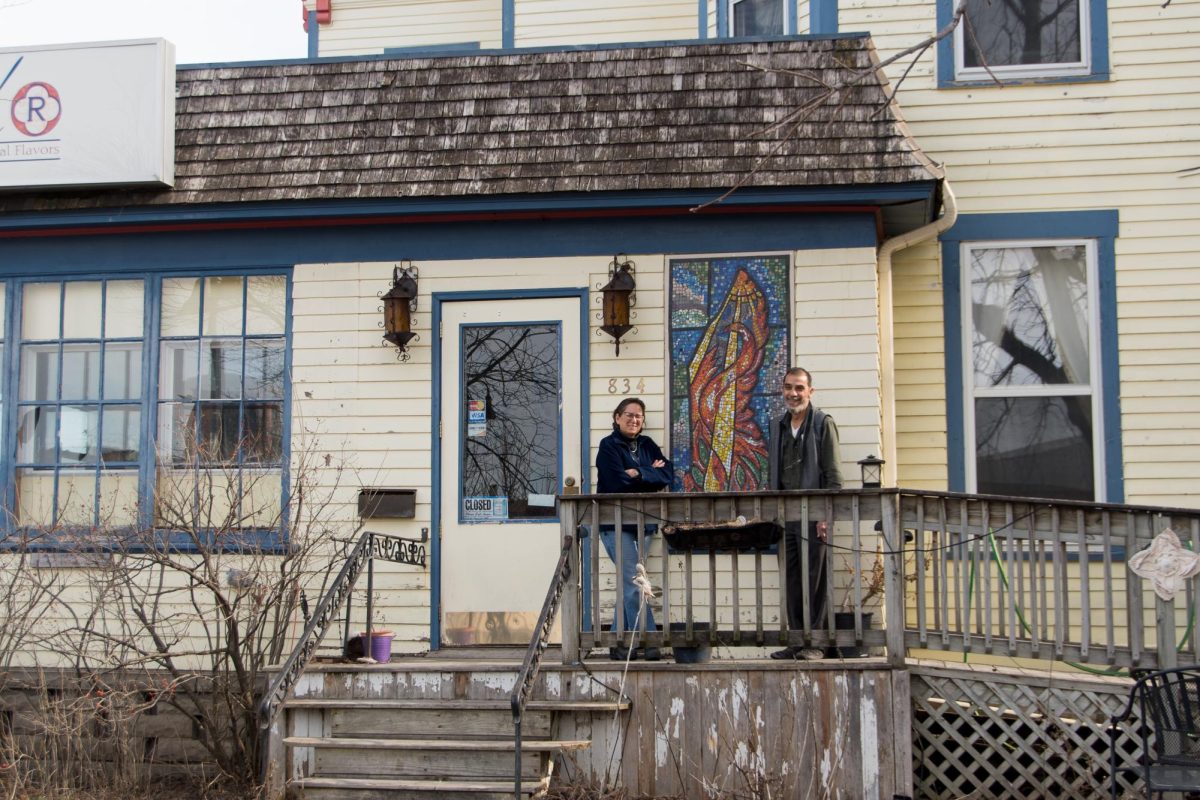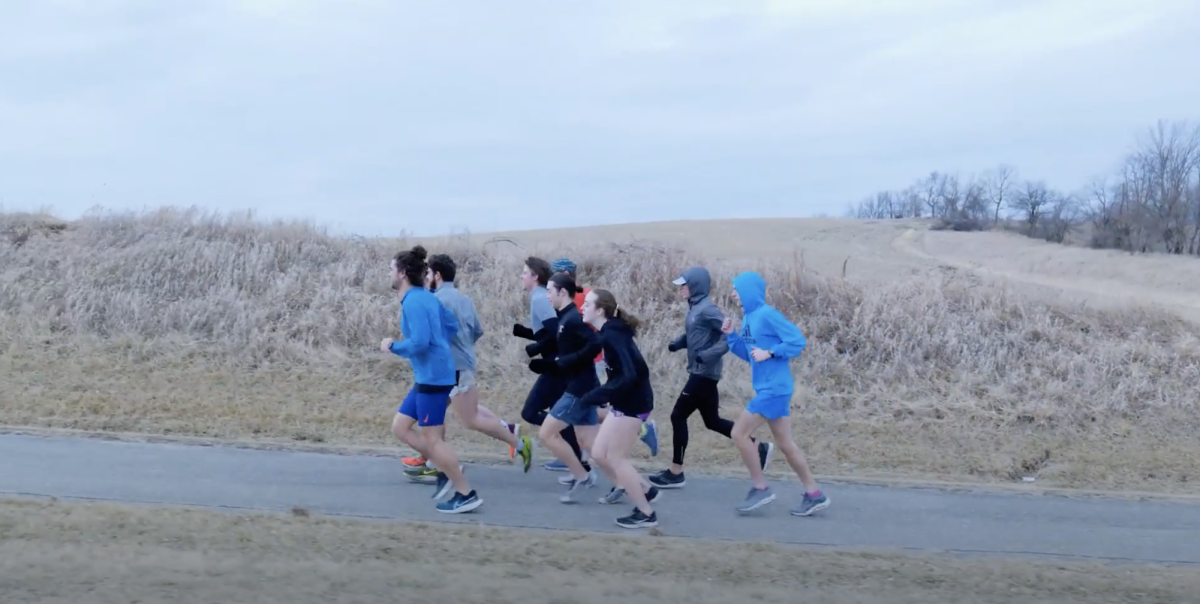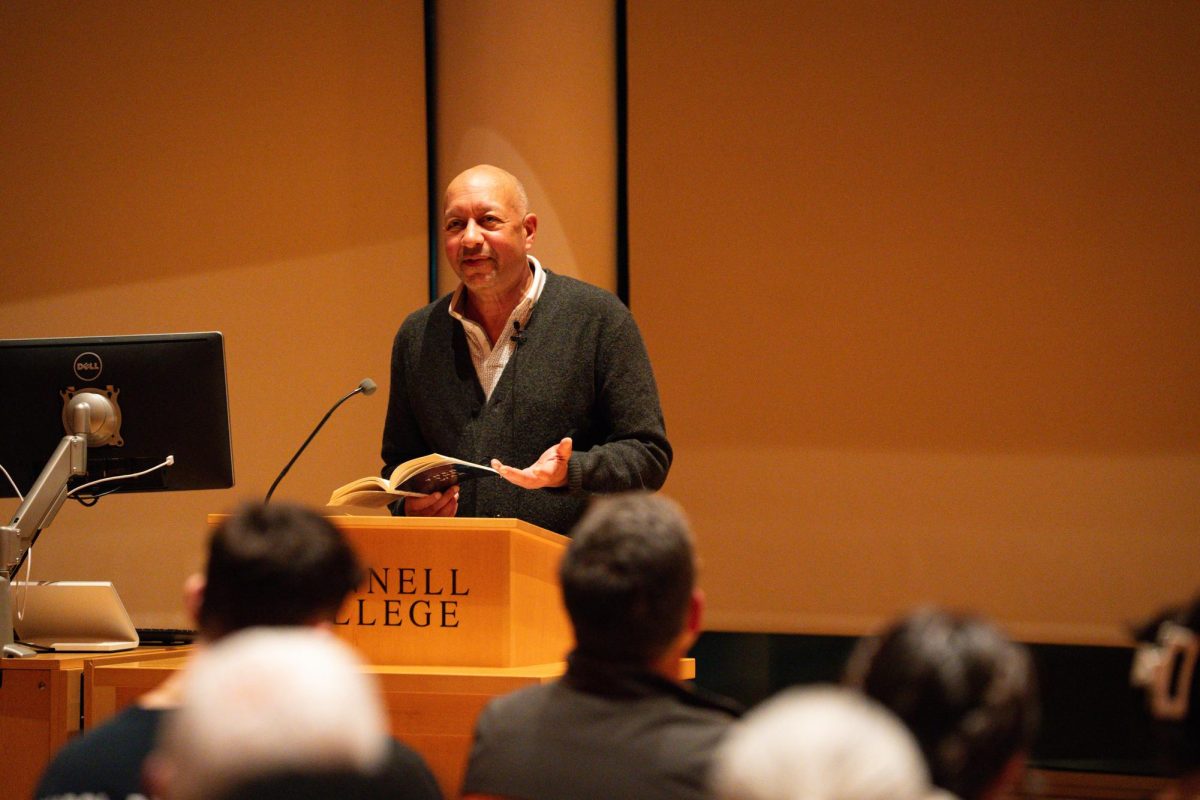Notary poet and prose-writer Ed Pavlic, author of “Paraph of Bone & Other Kinds of Blue,” is known for his synthesis of jazz rhythms and precise, evocative imagery.
In Adriene Rich’s forward to your first book she says “music has helped you achieve poetic form.” When did you get to his point? Was there a specific point when you achieved a specific form?
I’m still working at it. I think each of my books is quite different from the others. In that first book it looks far more controlled than it actually was in the making. The whole book operates in a three-line stanza that creates a unity between the lines and the pages. I thought the book was everywhere at first, and I wanted something to give it a sense of continuity and stability. It’s kind of a visual illusion in a way. The next one is written where—from across the room it’d look like a prose page. I really think that in that way I am coming toward something that can be called an acquired form, but it’s not important for me to have that. I call it documentary lyric, I can’t really define that but that’s what I think it’s about.
A lot of your work focuses on transitions, especially your latest. What topics are always at the forefront of your mind? I don’t really have a conceptual structure. I think we move through the world and we are just permeated by all kinds of impressions. People we speak through, wind, light, cars the pass by, sensations of velocity, all this stuff. And the body really is, in my mind, absorbing all this stuff. It all goes in, you miss nothing. Your body is like a sponge, absorbing it all. But it’s all lost when it goes in, you can only keep up with a couple of senses at once. All the stuff that goes in is just lost in formlessness, jumping around with each other in there. Poems are a way to take that all out, to wonder “what has been going in my life for the past six months.” Suddenly you remember things happening, and something on the top of my mind, or something I’m concerned about or interested in the poem becomes the place to take a sort of account of what was going on while I wasn’t looking.
Why do you have one piece for Donny Hathaway? There’s nobody like Donny Hathaway. Among soul singers he is in a totally separate place in my mind. Like Marvin Gaye and Aretha Franklin, he is just the finest among them. A dozen of his songs have a kind of power that no other music in that idiom has. I didn’t know why that was true. I kind of wrote that book not trying to solve a mystery as to why that’s true, but to explore that power, to see where the soul originates. Songs don’t come from cabbage patches, they are born from complex circumstances, and from places we wouldn’t imagine they did.
At the end there’s a note where you said you use bit by bits of other works to express what you wanted to say about Donny Hathaway. Could you elaborate on that? Basically what I did was I used this music and at the same time I assembled all the print sources on him I could find. No books or anything, just reviews and whatnot. I just found myself using that very traditionally and sporadically, looking at some pieces for a while then moving onto something else. I didn’t really want to know everything about him up front, I learned as I went along.
What are you currently working on? Reading or writing? I always have multiple projects. When you work every day on stuff, it’s hard to pinpoint something specifically. I just put a book into circulation called “Visiting Hours at the Color Line.” It’s about the reality of segregation in the United States in contemporary terms, pretty much through my perspective. There’s a bunch of stuff with Chicago, but even in places such as India. The title comes from a poem when I visited a childhood friend of mine with a violent act I witnessed. It has to do with these racial polarities and dynamics, because I’m very interested in that dimension beyond that kind of etiquette and every day interactions. These poems are just unearthing moments where I thought I had a clear moment of all these moments in my life. So, yeah, that’s one book. There’s another on a murder trial, and it’s a very lyrical book, a lot of deposition and cross-examination. It was kind of a strange, interesting project.













